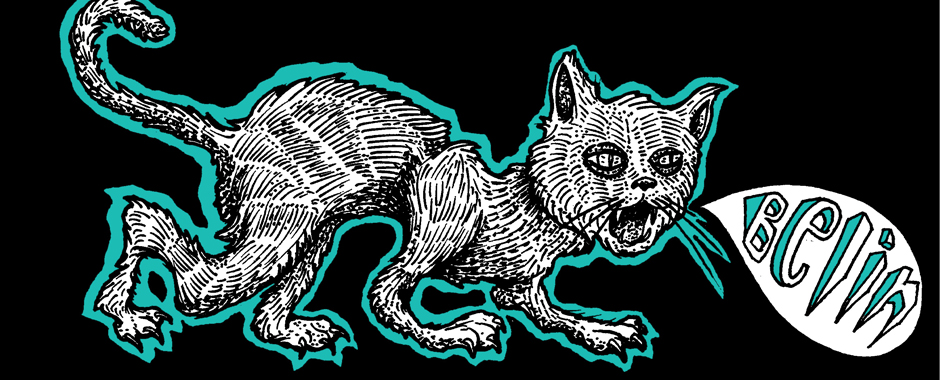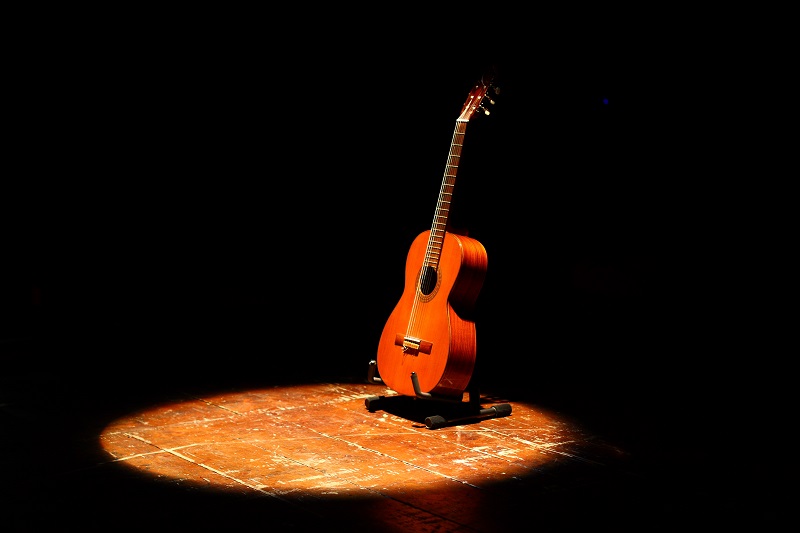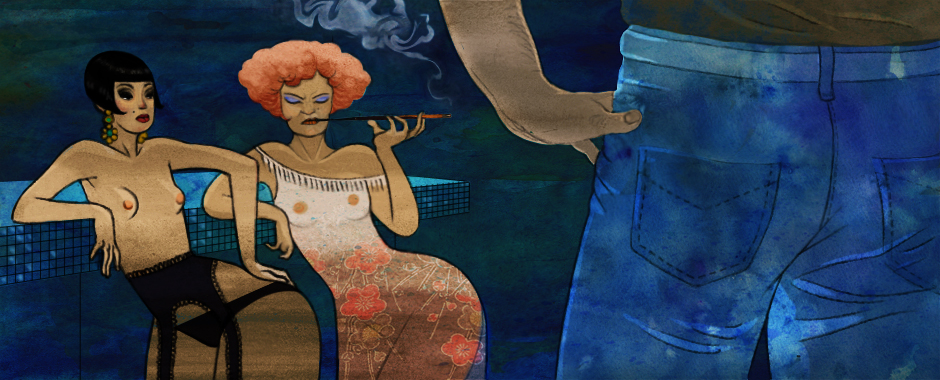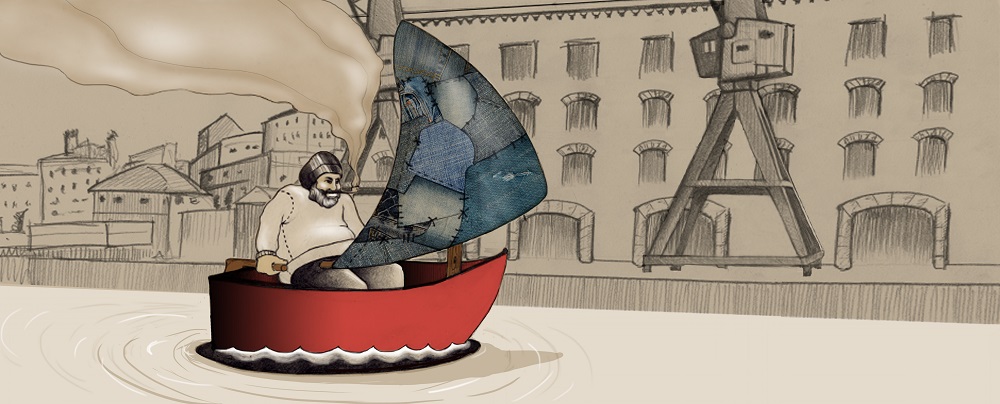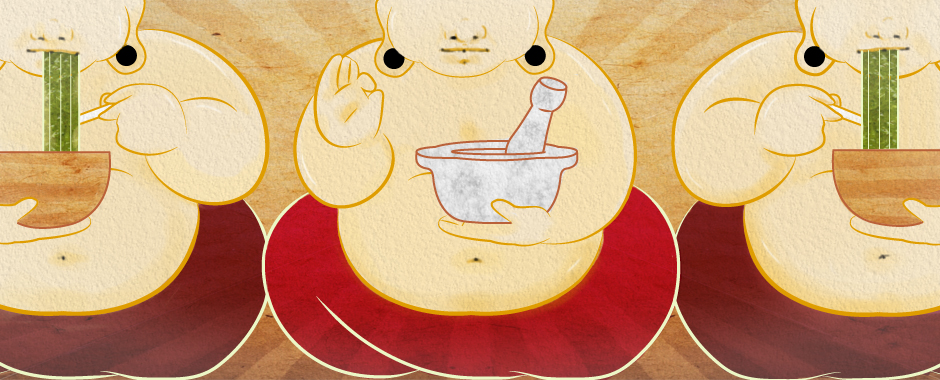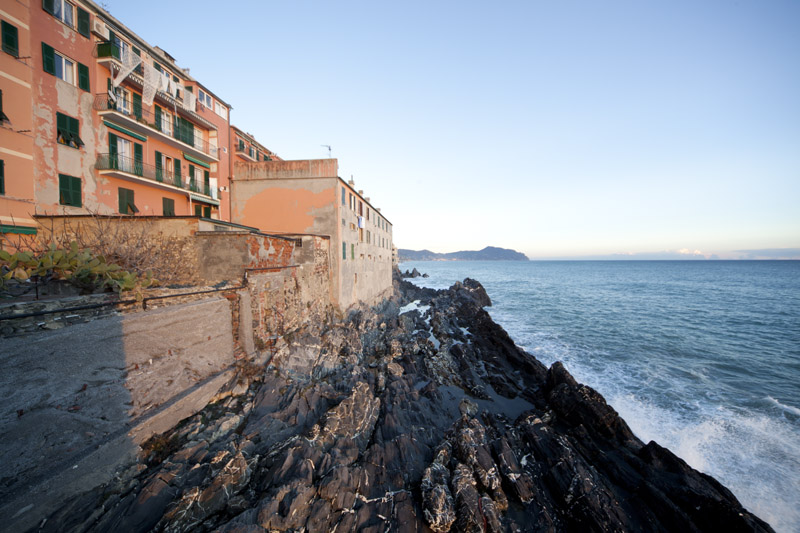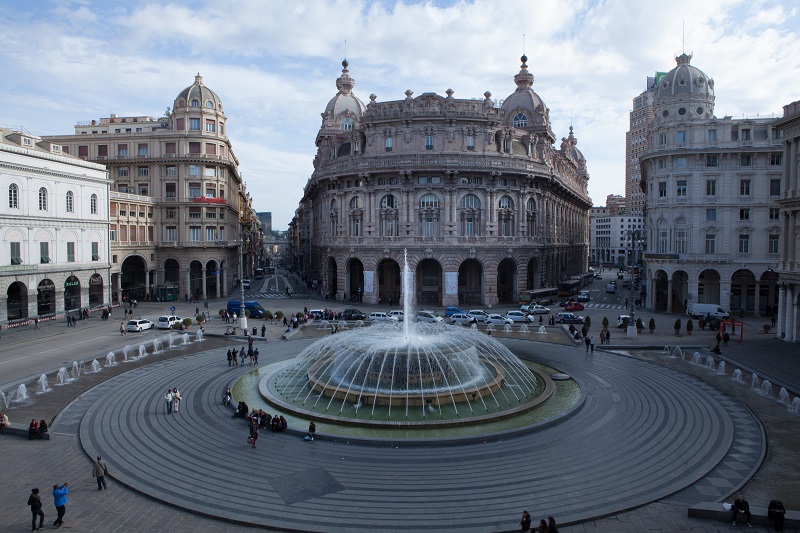The vocabulary of the Genoese dialect is the result of the mix of different populations such as Celts, Greeks, Phoenicians, Romans, who established their presence in the region in different periods. However, the main push towards change was caused by the typical vitality of our region’s and Genoa’s trade activities, which helped them become the economic hub of the Mediterranean during the age of the Doges.
Looking for lexical curiosities in this multitude of words is a hard job, as popular wisdom is condensed in so many terms that an appropriate selection turns out to be a challenging task. Entire books such as Dolcino’s “E parolle do gatto” (“Filthy Words”), or chapters such as parlar camallo (“speaking the dialect of dockworkers”), written by Orselli and Roffo in Genova segreta (“Secret Genoa”), analyse this topic in depth. I will extract only a few obscene words. In our folklore, they are the most explicit, famous and widely used terms.
AAA for abbolicciou, far from being a derogatory word for “homosexual”, indicates a type of “weak” attitude, distant from the idea of macho. The meaning of abbelinou (“gullible”) is condensed in the expression ese ciù abbelinòu che lungo (“being more gullible than tall”, translator’s note).
Later on, this term led to variations which are exposed by Fochessato’s concise – as well as incisive – words. Let us quote the full text: “abbelinòu saieiva mi che son vegio se scappesse co ‘na bella figgia de vint’anni. O belinon (“gullible”) l’è un comme Enrico Toti ch’o l’ea senza una gamba o l’è aneto in guaera, o gh’a tiou a stampella e o s’è faeto ammassà. A belinn-a o l’è un belinon ma cattio.” (I, an old man, would be abbelinòu, if I ran away with a beautiful 20-year-old woman. Belinon is one like Enrico Toti. He only had one leg, went to war, threw his crutch at the enemy and got killed. Belina is a nasty belinon).
All of these words stem from the famous “belin” (male reproductive organ) which cannot be left out of the list. It can be used with different nuances, expressing surprise, dejection, mockery. Its “female equivalent” is the term bernarda, an ancient barrel with a very wide hole where glasses could be inserted. The type of analogy generating the double entendre should be quite evident …
With regard to male traits, words like cuggiun (obscene word for “testicle”), cuggia (“lie”, literally “bollocks”) and cuggionà (mockery) are not looked down on if used in the right context. Going on with that region of the body we should also mention the ciappa (“sheet of stone”) and the graphic expression vanni a dà do cu in ciappa (literally “hit your arse against a sheet of stone”). It referred to a punishment according to which debtors were forced to hit their buttocks against a rock.
Galuscio (excrement), used as an insult, is quite outdated and vulgar. The word merdaieu, (coming from merda, “dung”, translator’s note), designating the barge carrying garbage out of the port, sounds much better. As the famous Genoese singer Fabrizio De Andrè sang, flowers grow out of dung, for the relief of those who receive it.
Adriana Morando
Translated by Daniele Canepa

